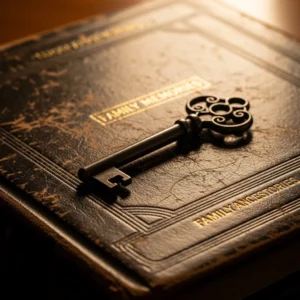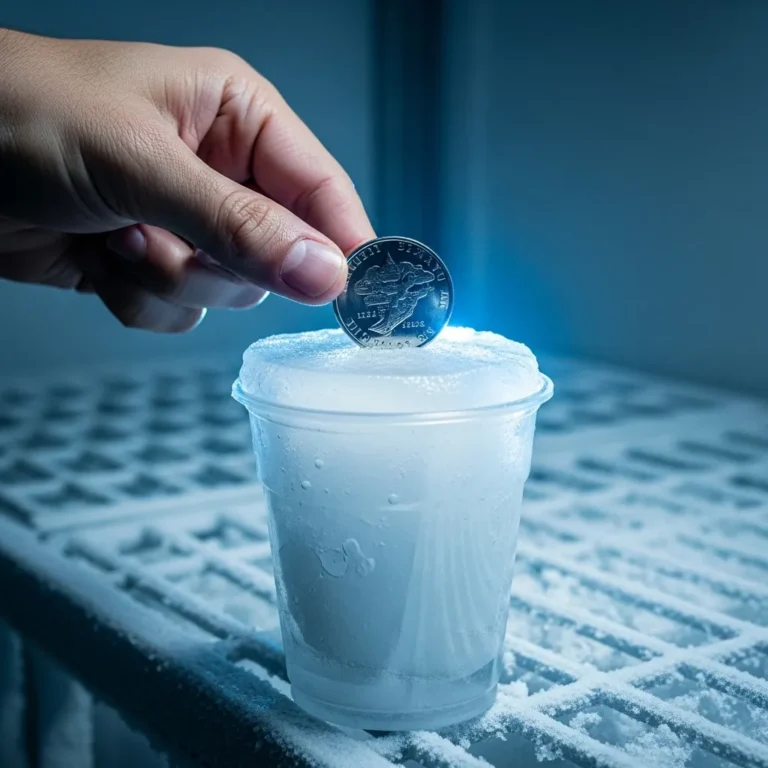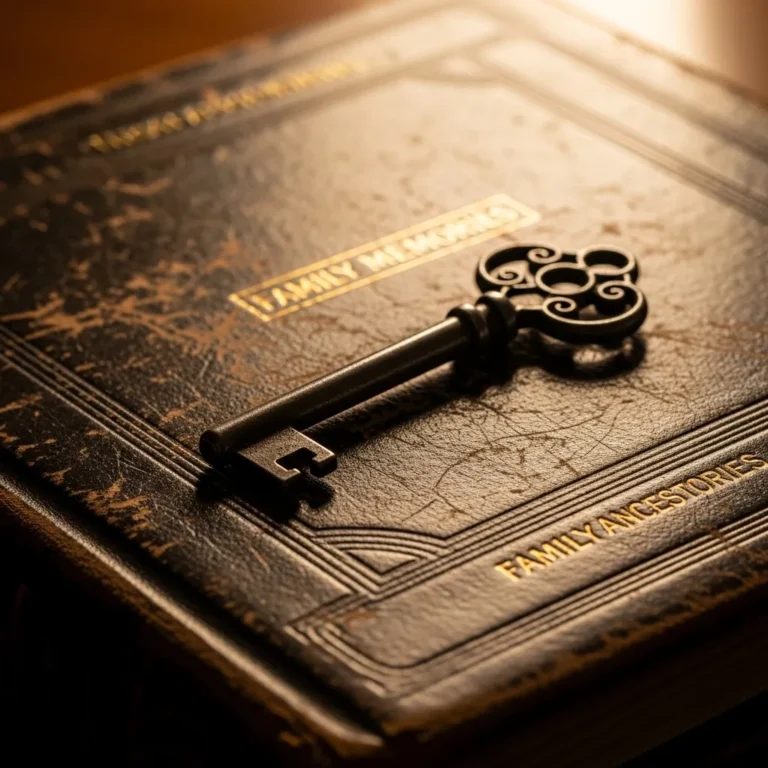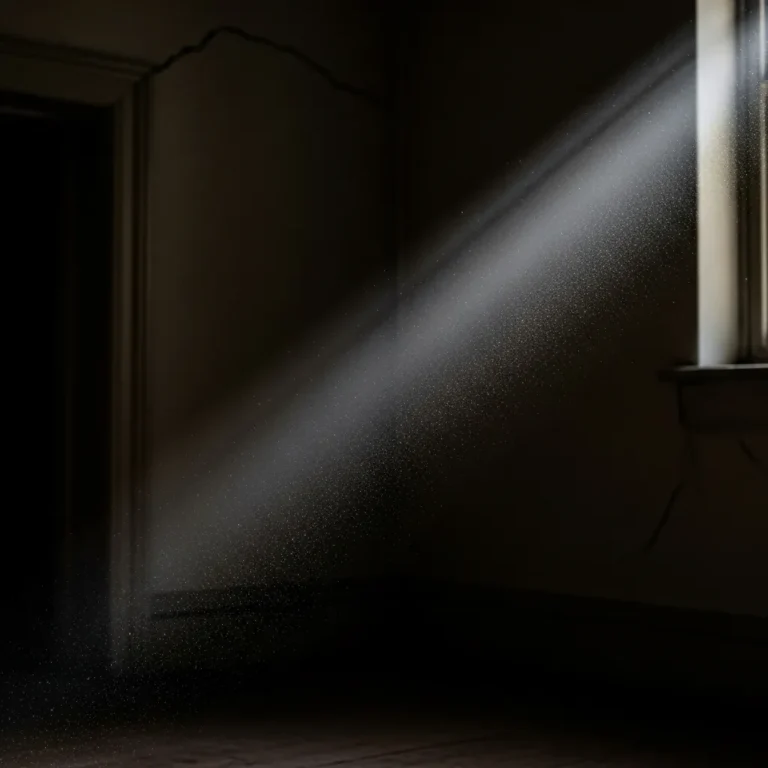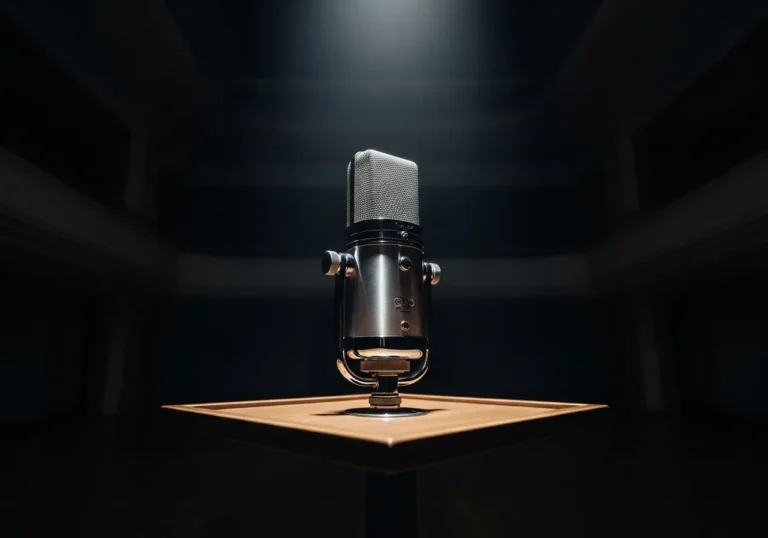In the grand arena of troublesome American politics, scandals have always served as the dramatic plot twists that can alter careers, crush reputations, and change the course of history.
Even if governance and policy could shape the bones of a democracy, it’s in fact more about the juicy tales of betrayal, corruption, and intrigue that beautifully capture the public’s imagination, as well as reshape the nation’s political landscape.
And when we say intrigue, we truly want to encompass everything, from hotel break-ins to illicit affairs.
Such scandals haven’t only rattled headlines, but they have also triggered constitutional crises, upended many presidencies, and completely altered the relationship between the people and their leaders. Here’s what you need to know:

Watergate (1972-1974)- The gold standard of political scandal
No real political scandal wanders around more in our consciousness than Watergate. At first, it was what seemed like a minor burglary at the Democratic National Committee headquarters in the Watergate complex in Washington, D.C., during President Richard Nixon’s re-election campaign.
However, what followed was more like a slow-burning revelation of abuse of power, cover-ups, as well as obstruction of justice that culminated in a presidential resignation.
As the investigation became deeper, the public learned all about the “dirty tricks” that were orchestrated by Nixon’s operatives, an “enemies list,” illegal wiretapping, and most importantly, the infamous White House tapes as proof of Nixon’s involvement in the cover-up. Facing a serious impeachment and loss of party support, Nixon ultimately resigned on August 8, 1974.
Iran-contra affair (1985-1987)- Shadow wars and secret deals
During Ronald Reagan’s second term, the whole ordeal regarding the Iran-Contra affair almost unraveled the presidential administration at the time.
In violation of both U.S. law and stated policy, it turned out that many senior officials conducted arms sales to Iran, which was at the time under an arms embargo, further funneling the proceeds to Contra rebels in Nicaragua, who were fighting the leftist Sandinista government.
The Monica Lewinsky affair (1998)-1998)—impeachment in the Internet age
President Bill Clinton’s scandalous relationship with a 22-year-old White House intern, Monica Lewinsky, wasn’t just a scandal. It rapidly ignited a cultural firestorm, as well as an impeachment trial, watched by the entire world.
At first, Clinton denied having any affair under oath. We’re even left with his famous saying, “I did not have se*ual relations with that woman,” only to later be proven that he lied, which prompted the House of Representatives to impeach him for perjury and obstruction of justice.
Ultimately, the Senate acquitted him, allowing Clinton to remain in office. However, the scandal turned the nation into a voyeuristic courtroom, testing the boundaries between private indiscretion and public accountability.
Moreover, it signaled the rise of hyper-partisan politics, 24/7 media coverage, and the hard political weaponization of personal behavior, a pattern that still lingers nowadays.
Teapot Dome Scandal (1921-1923)- Oil, bribes, and the cabinet
Way before Watergate, the Teapot Dome scandal that took place during Warren G. Harding’s administration definitely set the bar for corruption in higher offices. At the center was Albert B. Fall, the Secretary of the Interior, who secretly leased Navy petroleum reserves at the Dome, as well as other locations, to private oil companies in exchange for bribes and loans.
In fact, Fall would soon be the first U.S. cabinet official to go to prison, and the scandal tainted the legacy of many of those involved, even if the president died before it fully unraveled.
The Dreyfus affair of American politics- McCarthyism (1950s)
Even if it’s not a scandal in the traditional sense of misconduct or financial corruption, McCarthyism is up to this day, a broader political scandal. In fact, one of the national paranoias and institutional abuses.
Senator Joseph McCarthy’s campaign to eliminate potential communists in the government and entertainment industries led to plenty of ruined careers, blacklists, and a culture of fear during the early Cold War.
With a bit of regard for evidence, McCarthy’s hearings showcased a government that’s way more interested in accusation than justice. In fact, his eventual downfall arrived when he overplayed his hand during the Army. The term mentioned above suddenly became synonymous with demagoguery and guilt, leaving a lasting cautionary tale about civil liberties in times of fear.
Bridgegate (2013)- Revenge, traffic, and New Jersey politics
This is what happens when political revenge ends up clogging literal bridges. Back in 2013, staffers working for New Jersey Governor Chris Christie maneuvered traffic jams by closing lanes on the George Washington Bridge, allegedly punishing the Democratic mayor of Fort Lee for not endorsing Christie’s re-election.
Emails have shown that officials even celebrated the gridlock, leading to plenty of federal investigations. Even if Christie denied this information, the scandal ultimately derailed his national ambitions, staining his governorship.
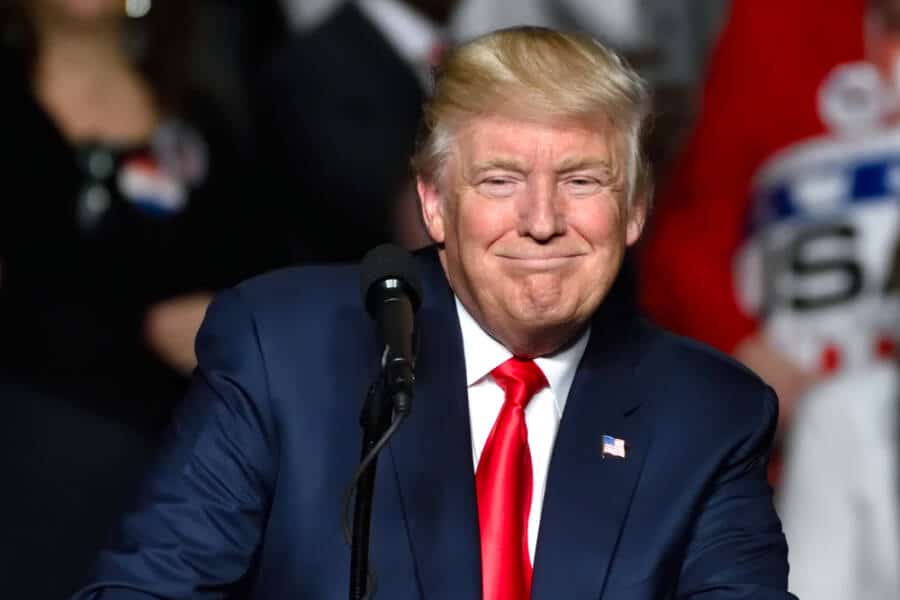
The Trump Impeachments (2019 & 2021)- A double header
Donald Trump’s presidency was basically a lightning rod for controversy. However, two impeachments in only four years definitely marked a first. In fact, the first impeachment took place in 2019, and it was centered on a phone call in which Trump allegedly pressured Zelensky to investigate political rival Joe Biden while withholding military aid.
The House impeached him for abuse of power, as well as obstruction of Congress, even if the Senate acquitted him at the beginning of 2020. After the January 6th insurrection at the U.S. Capitol, Trump was impeached once more, this time for “incitement of insurrection.”
He is now the first president to be impeached twice and still be POTUS. Ultimately, these impeachments exposed deep partisan divides, leaving plenty of lingering questions about accountability, free speech, and the boundaries of presidential power.
The Pentagon Papers (1971): leaks, lies, and Vietnam
The publication of the Pentagon Papers by The New York Times and The Washington Post showed that multiple U.S. administrations decided to systematically mislead the public about the Vietnam War.
Leaked by a whistleblower called Daniel Ellsberg, the top-secret documents showed how presidents from Truman to Nixon decided to conceal the war’s bleak prospects from Congress, as well as the public.
Even if it’s not a scandal of personal misconduct, the papers still showed a constitutional battle over freedom of the press, as well as increased public skepticism of government narratives. It became a turning point in media-government relations, laying the groundwork for the adversarial journalism of the post-Watergate era.
Takeaway: Scandals as democratic pressure
Scandals, with the self-implied chaos and shame, serve nothing but a strange yet vital function in our democracy. They also act as pressure valves, exposing all the corruption, prompting reform, and even punishing the wrongdoers.
They also test the resilience of institutions and the public’s appetite for accountability. Even if the names and faces might change, the underlying dynamics are still the same, and it all comes down to power, secrecy, ambition, and the tension between public service and private gain.
In the end, these scandals point to more than just a failure of character. They hold up a mirror to the system itself. As long as humans remain fallible and the power is seductive, American politics will keep on being shaped not only by policy, but by scandals that expose its limits.
If you found this article useful, we also recommend checking: 7 Things About Marilyn Monroe You Probably Didn’t Know

